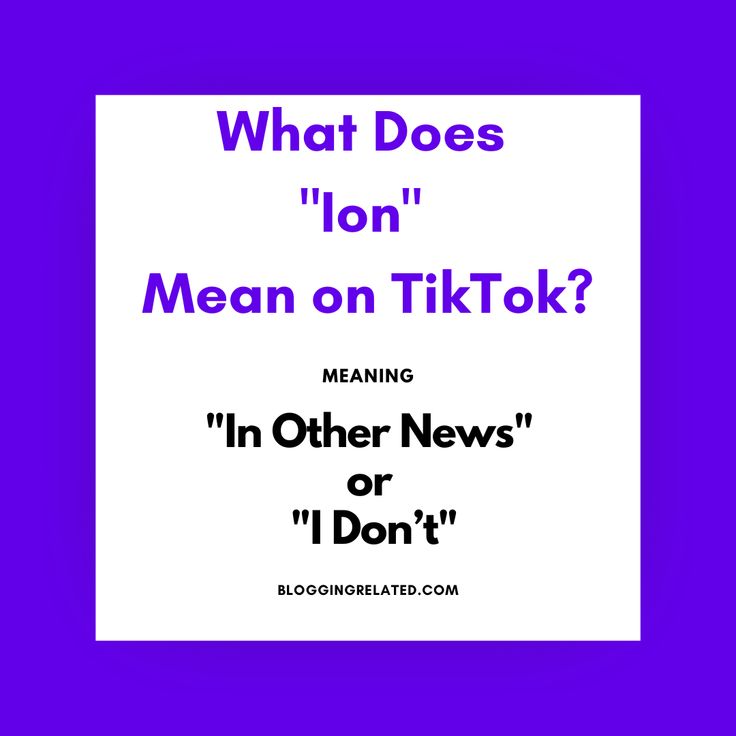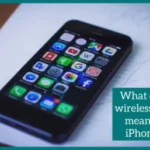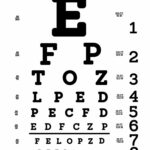The digital vernacular is in constant flux. Decoding the ever-evolving lexicon of online communication can feel like navigating a labyrinthine cryptogram. One such enigma that frequently surfaces in texts and social media is the seemingly innocuous word “ion.” But what precisely does “ion” signify in the context of a text message or online post? Is it merely a typographical error, or does it harbor a deeper, perhaps more nuanced, denotation? Unraveling this lexical quandary requires a detailed inspection of its multifaceted usage.
The Grammatical “Ion”: A Preliminary Dismissal
Before delving into the more esoteric interpretations, it is prudent to address the most straightforward possibility: a simple orthographical gaffe. It’s entirely plausible that “ion” is merely a typo, an inadvertent transposition of letters intended to spell a different word. Consider scenarios where “on,” “in,” or even a name like “Ian” were the intended message. Context is paramount in discerning this possibility. A cursory examination of the surrounding verbiage often reveals whether “ion” is a malapropism or something more deliberate.
“Ion” as an Affectionate Term: The “I Don’t” Contraction
One of the prevailing usages of “ion” stems from a phonetic contraction of “I don’t.” This usage is particularly prevalent in informal online conversations, especially among younger demographics. Instead of typing the full phrase, users opt for the abbreviated “ion” as a way to express negation or disagreement in a casual manner. It’s an example of linguistic parsimony, where brevity is valued over formal grammatical correctness.
To illustrate: imagine a scenario where someone asks, “Are you coming to the party?” The response, “Ion think so,” succinctly conveys “I don’t think so.” This application demonstrates the evolution of language, wherein convenience often supersedes conventional orthography. The utilization of “ion” in this sense can also subtly impart a sense of nonchalance or even irreverence.
The Regional and Subcultural Connotations of “Ion”
Like many slang terms, the usage and interpretation of “ion” can vary significantly depending on geographical location and subcultural affiliations. What might be commonplace in one online community could be utterly foreign in another. It is imperative to consider the origin and background of the individual employing the term.
For instance, “ion” could possess specific connotations within a particular online gaming community or a niche social media group. These subcultural nuances are often unwritten rules, understood only by those initiated into the group’s unique linguistic landscape. In these contexts, “ion” might function as an in-group identifier, signifying shared experiences and understanding.
“Ion” as an Intensifier: Beyond Simple Negation
Beyond its role as a contraction for “I don’t,” “ion” can occasionally function as a general intensifier, adding emphasis to a statement. This usage is less common but still noteworthy. In this context, “ion” might not have a direct translation but instead serves as a verbal exclamation point, augmenting the emotional impact of the message.
Consider the phrase, “That’s ion true!” Here, “ion” amplifies the speaker’s disbelief or disagreement. It goes beyond a simple “that’s not true” by injecting a sense of frustration or indignation. Deciphering this usage hinges heavily on the overall tone and context of the conversation.
The Perils of Ambiguity: Decoding “Ion” Requires Vigilance
The multifaceted nature of “ion” inevitably leads to potential ambiguity. Without adequate context, accurately interpreting its intended meaning can be challenging. This underscores the importance of considering the sender, the receiver, and the broader conversational milieu. Misinterpretations can lead to misunderstandings and communication breakdowns.
Therefore, when encountering “ion” in a text or online post, it is advisable to proceed with caution. Evaluate the surrounding text, consider the sender’s communication style, and, if necessary, seek clarification. Erring on the side of caution can prevent unintentional misconstruals.
The Evolution of Slang: “Ion” as a Microcosm of Linguistic Change
The story of “ion” mirrors the broader evolution of slang and informal online communication. Language is a dynamic entity, constantly adapting to the needs and preferences of its users. Abbreviations, contractions, and neologisms emerge and fade away with astonishing rapidity.
The rise of “ion” as a common term highlights the ongoing trend toward linguistic compression and the increasing informality of online interactions. As digital communication continues to dominate our lives, we can anticipate even more innovative and unconventional expressions to emerge. Staying abreast of these linguistic shifts requires constant vigilance and a willingness to embrace the ever-changing nature of language.
In conclusion, the seemingly simple term “ion” possesses a surprising degree of complexity. While it may often represent a contraction of “I don’t,” its meaning can vary depending on context, subcultural influences, and even the sender’s intent. Navigating the nuances of “ion” requires a keen awareness of these factors and a willingness to embrace the ever-evolving landscape of online vernacular. The next time you encounter “ion,” take a moment to consider the myriad possibilities before drawing a definitive conclusion.









Leave a Comment